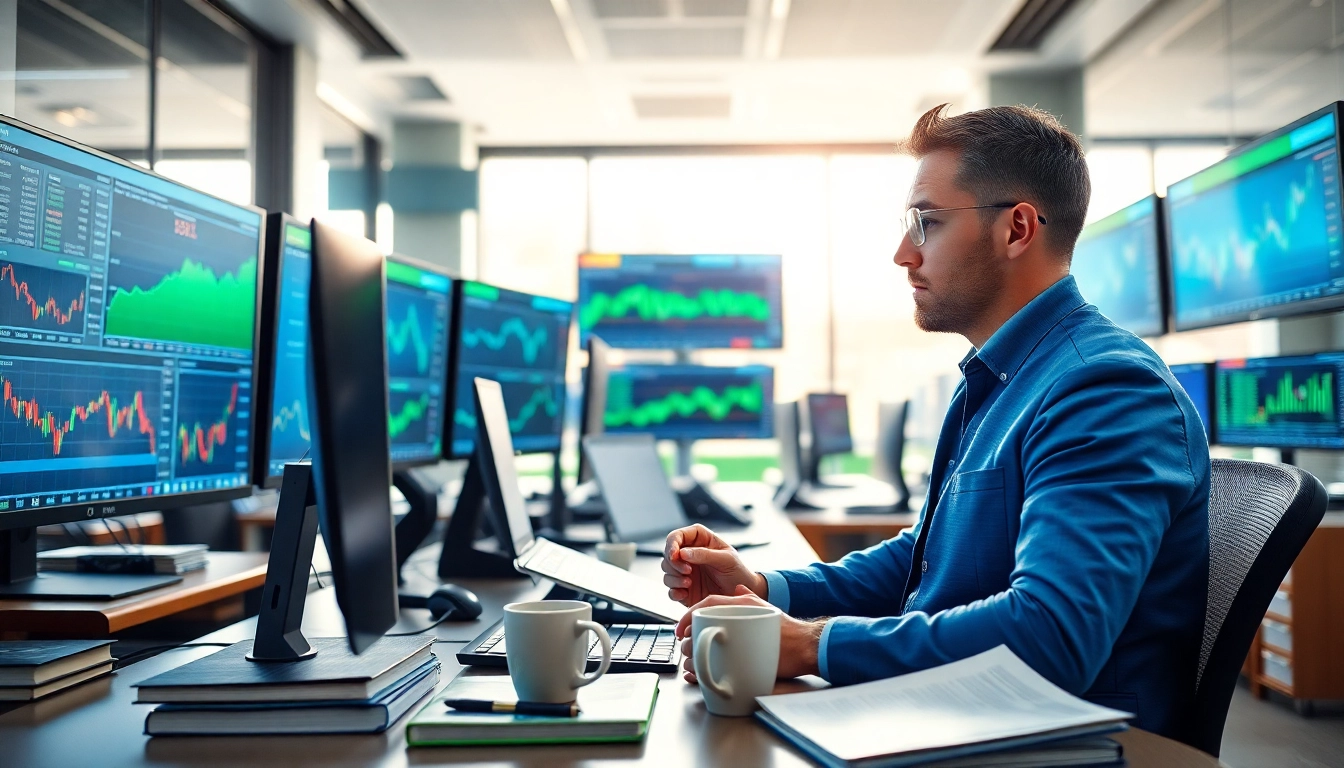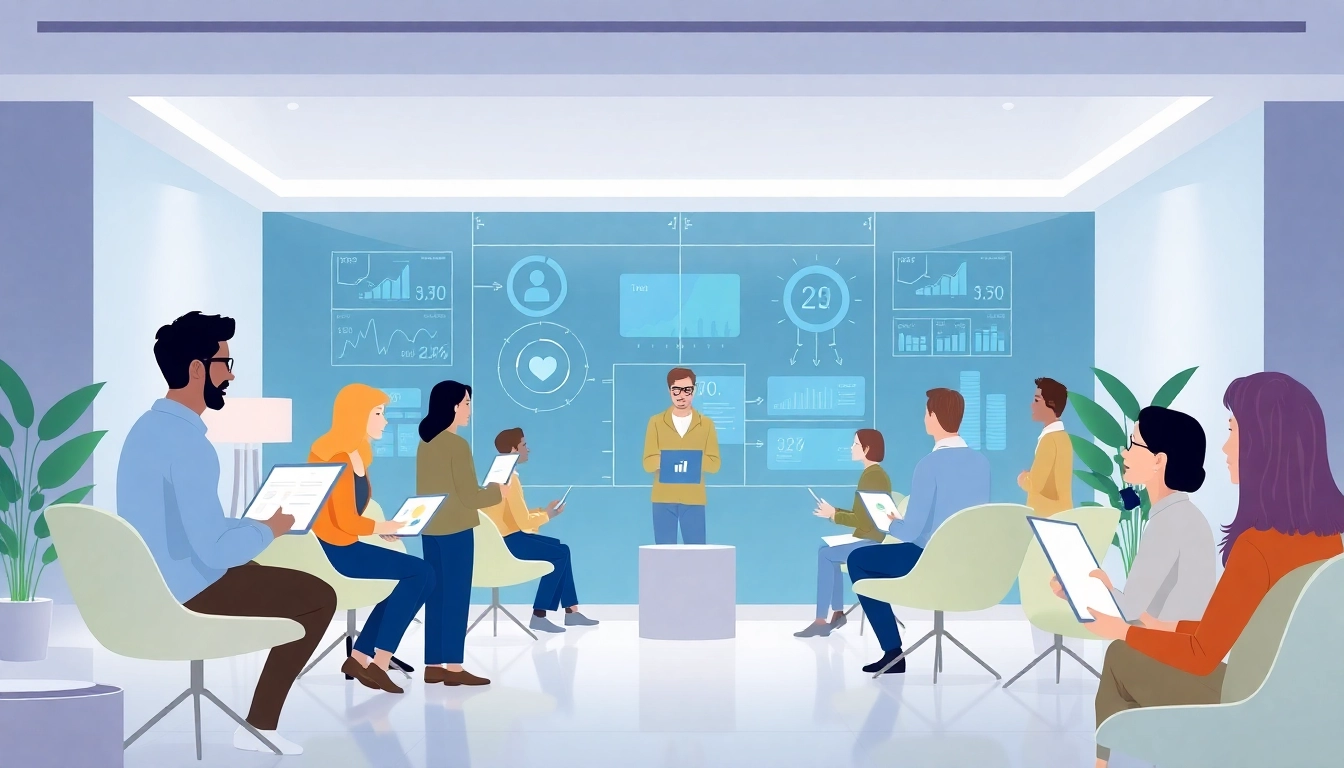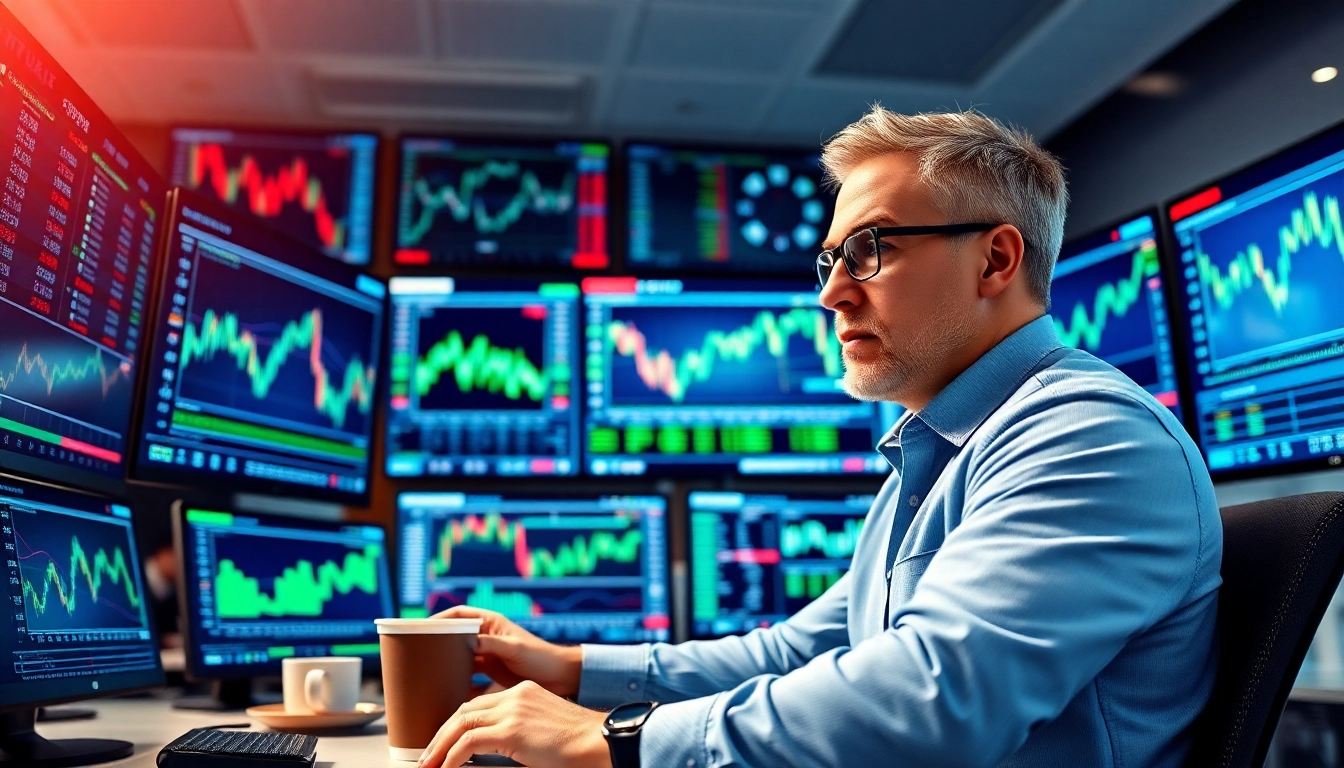Understanding the Basics of Trading Futures
Trading futures is a powerful financial strategy that can lead to substantial profits, but it comes with its unique risks and complexities. At its core, futures trading involves contracts to buy or sell a specific asset at a predetermined price at a set future date. This article delves into the intricate details of how to trade futures effectively and highlights the key concepts essential for both novice and seasoned traders. If you’re looking to trade futures, understanding these basics will set you on the right path.
What are Futures Contracts?
A futures contract is a legally binding agreement to buy or sell an underlying asset at a future date at a predetermined price. These contracts are standardized and traded on futures exchanges, which facilitate buying and selling amongst numerous parties. The underlying assets can be commodities, such as oil or corn, financial instruments like indices or currencies, or even cryptocurrencies.
The concept of futures trading dates back centuries, originally designed to help farmers lock in prices for their crops to protect against fluctuating market rates. Today, futures contracts are utilized by a broad spectrum of investors, from large institutional entities to individual traders, for hedging, speculation, and arbitrage strategies.
Key Terminology in Futures Trading
- Margin: The amount of money that a trader must deposit to open a position in futures trading. This acts as a good-faith deposit to guarantee performance on the contract.
- Leverage: The use of borrowed funds to increase the potential return of an investment. Futures contracts typically allow traders to leverage a small amount of capital to control large positions.
- Expiration Date: The date on which the futures contract must be settled, either through cash settlement or the delivery of the underlying asset.
- Open Interest: The total number of outstanding contracts that have not yet been settled, indicating market activity and liquidity.
The Role of Futures Exchanges
Futures exchanges, such as the Chicago Mercantile Exchange (CME) and Intercontinental Exchange (ICE), serve as intermediaries that facilitate the buying and selling of futures contracts. These exchanges provide a regulated environment ensuring that all transactions are secure and transparent. Futures exchanges also set standard contract specifications, including contract size, minimum price fluctuations, and expiration dates.
Additionally, clearinghouses associated with these exchanges play a critical role in mitigating counterparty risk by acting as a middleman between buyers and sellers. This guarantees that trades are executed smoothly, enabling traders to enter and exit positions with confidence.
Benefits of Trading Futures
Leveraging Opportunities with Trade Futures
One of the most significant advantages of trading futures is the ability to leverage your capital. Typically, you can enter a position for only a fraction of the total value of the contract, thanks to margin requirements. For instance, a trader might control a $50,000 futures contract with just a $5,000 margin.
This leverage can amplify your profits during favorable market movements, enabling traders to maximize their return on investment. However, it’s essential to proceed with caution, as leverage can also magnify losses.
Diversifying Your Investment Portfolio
Futures contracts can be an excellent tool for diversifying your investment portfolio. By offering exposure to various asset classes—including commodities, foreign currencies, and equity indices—futures allow traders to hedge against market volatility and inflation risks effectively.
Moreover, including futures in your portfolio can potentially enhance returns and reduce overall risk, as these products often react differently to economic changes compared to traditional equities and bonds.
Access to Global Markets
Another compelling benefit of futures trading is the ability to participate in global markets without the need for physical ownership of the underlying asset. Traders can speculate on price movements for a wide range of assets across commodities, currencies, and interest rate products, often 24 hours a day.
This access enables traders to react to global events in real-time, providing opportunities for profit irrespective of geographical location or market hours.
How to Start Trading Futures
Selecting the Right Futures Broker
Choosing an appropriate futures broker is a critical step for anyone looking to begin trading futures. Factors to consider include commission rates, available trading platforms, margin requirements, and the quality of educational resources available.
It’s advisable to evaluate several brokers, considering the types of futures contracts they offer and their reputation in the market. Look for brokers that provide robust trading tools, reliable customer support, and educational materials to help you build your knowledge.
Opening and Funding Your Futures Account
Once you have selected a broker, the next step is to open a futures trading account. This process typically involves filling out an application, providing identification, and agreeing to the broker’s terms and conditions.
Funding your account can be done through various methods, including bank transfers or wire transfers, and it’s essential to ensure that you comply with minimum funding requirements. Familiarize yourself with the broker’s funding options and ensure you understand any associated fees.
Essential Trading Platforms and Tools
A robust trading platform is crucial for executing futures trades efficiently. Many brokers offer proprietary platforms or partner with well-known software providers to enable advanced trading features like charting tools, technical analysis indicators, and real-time market data. It’s prudent to choose a platform that aligns with your trading style and provides the necessary tools for analysis.
Additionally, consider accessing simulation or demo trading accounts to practice and refine your skills without the risk of losing real money. This practice can be invaluable for gaining confidence and developing a personal trading strategy.
Strategies for Successful Futures Trading
Popular Trading Strategies Explained
Successful futures trading relies on well-defined strategies, which can vary between traders based on their objectives and risk tolerance. Some popular strategies include:
- Trend Following: Involves identifying and trading in the direction of the current market trend. Traders use various technical indicators to determine entry and exit points.
- Range Trading: Focuses on identifying levels of support and resistance, capitalizing on fluctuations within a set price range.
- Spread Trading: Involves simultaneously buying and selling two related futures contracts, aiming to profit from the difference in price movement over time.
Risk Management Techniques in Futures
Managing risk is integral to long-term success in futures trading. Effective risk management techniques include setting stop-loss orders, limiting the size of trades relative to your account balance, and diversifying positions across various contracts.
Establishing clear rules for entering and exiting trades can help mitigate emotional decision-making and maintain discipline. By keeping losses manageable and protecting capital, traders can navigate the inherent volatility of the futures market more effectively.
Utilizing Technical Analysis in Futures Trading
Technical analysis involves examining historical price data to predict future market movements. Traders often use various chart patterns, technical indicators, and volume metrics to formulate trading decisions.
Key tools used in technical analysis include moving averages, relative strength index (RSI), and Bollinger Bands. By integrating technical analysis into your trading strategy, you can enhance your market insights and improve the accuracy of your trade forecasts.
Staying Informed: News and Market Analysis
The Importance of Market News for Futures Traders
In the fast-paced world of futures trading, staying informed is crucial. Market news can significantly impact price movements, affecting trader sentiment and influencing positions. Knowing how geopolitical events, economic reports, and regulatory changes can impact markets helps traders make informed decisions.
Subscribe to financial news outlets, podcasts, and newsletters to keep abreast of relevant news affecting your trades. Tools like economic calendars will also aid in tracking essential market events and announcements.
Resources for Futures Market Analysis
There are numerous online resources available for conducting market analysis. Comprehensive data platforms provide up-to-date information on commodity prices, market trends, and expert commentary. Use these resources to conduct thorough research and nurture your trading strategies.
Additionally, several brokers and trading platforms offer market analysis tools, which can streamline your data analysis process, providing insight into market behavior and helping to identify potential trading opportunities.
Keeping Up with Regulatory Changes
The futures market is heavily regulated by organizations such as the Commodity Futures Trading Commission (CFTC) in the U.S., ensuring transparency and fair dealings. Traders should familiarize themselves with any regulatory updates that could impact trading practices and futures contracts.
Regularly reviewing regulatory changes can help you remain compliant and avoid pitfalls that could arise from misunderstandings or outdated trading strategies. Engage with educational materials provided by regulatory bodies to stay abreast of changes in futures trading.




